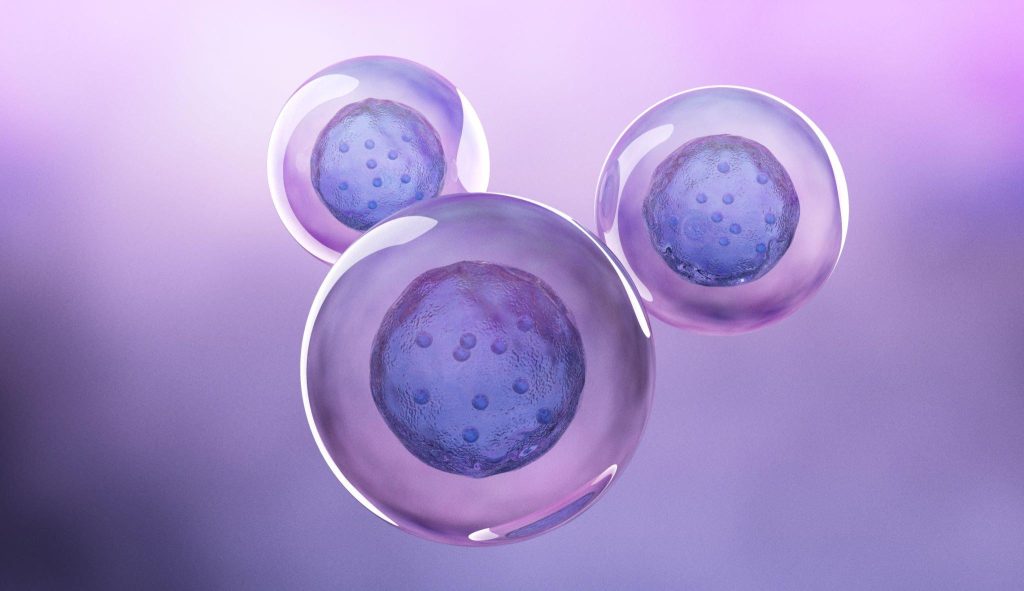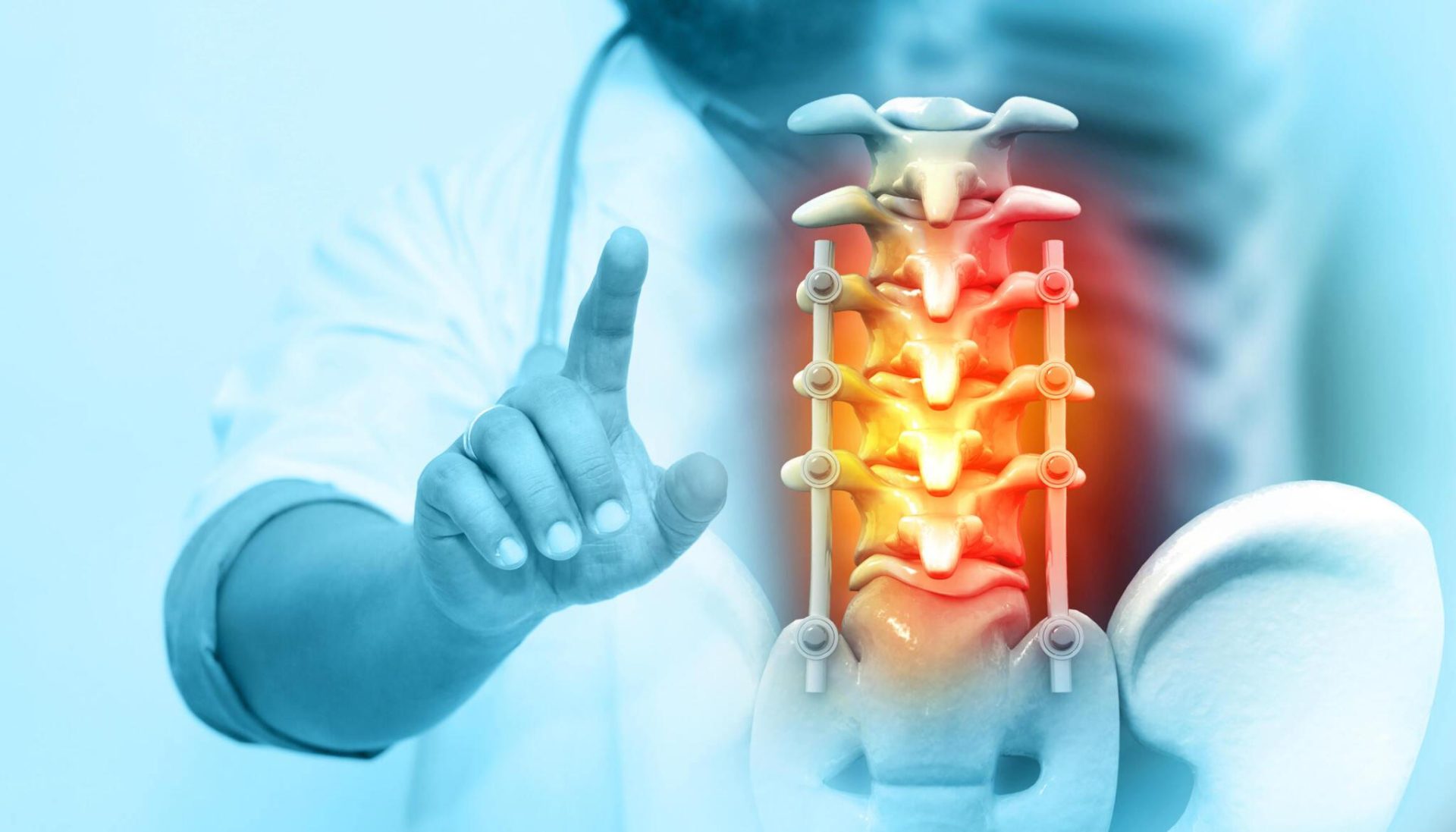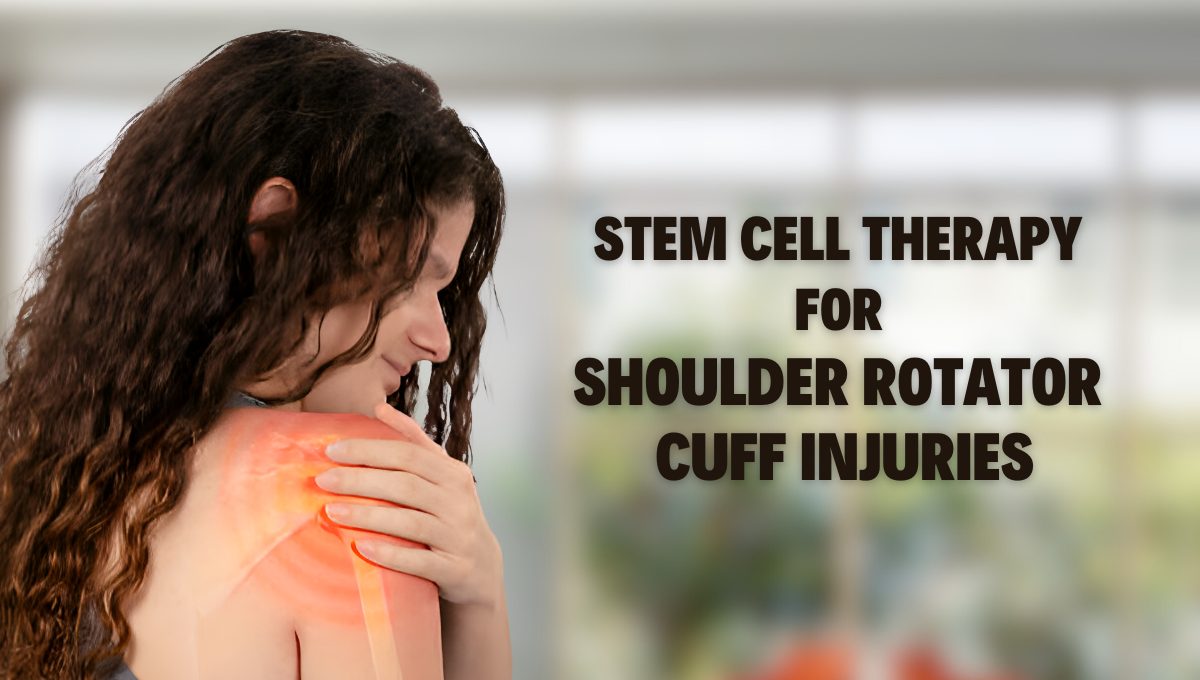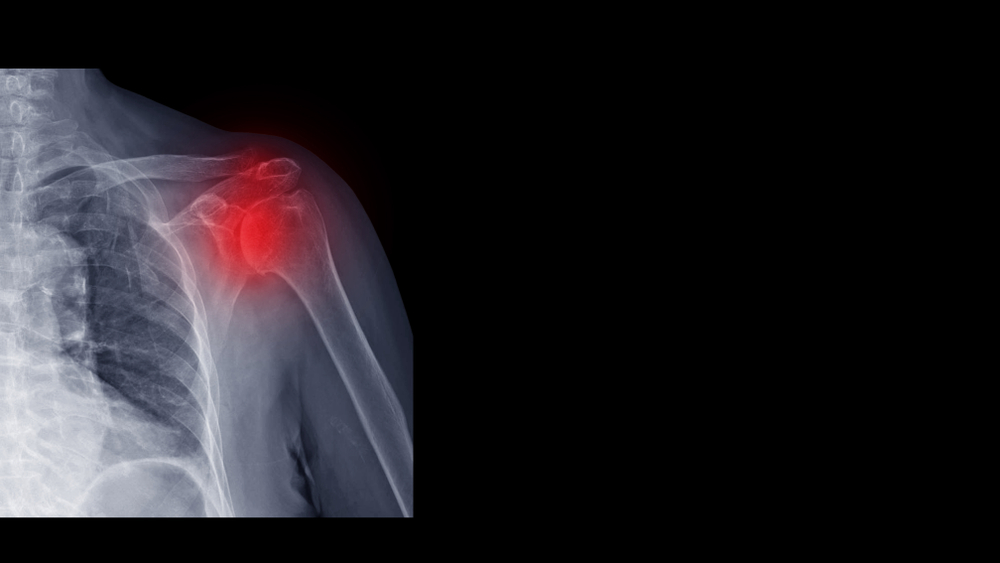- Home
- About Us
- Book Appointment
- Treatments
- Alzheimer’s Disease
- Anti-Aging
- Autism
- Autoimmune Disorders
- Back Pain
- COPD
- Crohns Disease And Ulcerative Colitis
- Erectile dysfunction and Penis enlargement
- Fibromyalgia
- Hip Pain
- Knee Pain
- Lupus
- Lyme Disease
- Multiple Sclerosis
- Muscular dystrophy
- Parkinsons Disease
- Peripheral And Diabetic Neuropathy
- Post Cancer Treatments
- Post Stroke Recovery
- Psoriasis
- Rheumatoid Arthritis
- Shoulder Pain
- Join The Club
- Aesthetics
- Blog
- Contact Us
In the realm of regenerative medicine, mesenchymal stem cells (MSCs) have emerged as a beacon of hope for individuals grappling with chronic back and neck pain. This groundbreaking therapy offers a promising avenue for relief, showcasing the potential to transform lives and redefine the landscape of pain management. In this comprehensive guide, we delve into the intricacies of using mesenchymal stem cells to alleviate chronic back and neck pain, shedding light on the science behind the therapy and its potential to revolutionize the way we approach persistent musculoskeletal discomfort.
Understanding Chronic Back and Neck Pain:
Chronic back and neck pain are prevalent afflictions that impact millions worldwide, significantly impairing quality of life. Conventional treatments often provide only temporary relief, leaving individuals searching for more sustainable and effective alternatives. Stem cell therapy, particularly with mesenchymal stem cells, is emerging as a revolutionary approach that aims not just to manage symptoms but to address the root causes of pain.

Mesenchymal Stem Cells: Nature’s Healing Architects:
Mesenchymal stem cells, found in various tissues throughout the body, possess a remarkable ability to differentiate into diverse cell types. This inherent versatility makes them a potent tool in regenerative medicine. These cells can be sourced from different tissues, such as bone marrow, adipose (fat) tissue, and umbilical cord tissue. Harnessing the regenerative potential of MSCs opens new possibilities for treating a myriad of conditions, including chronic back and neck pain.
The Science Behind Mesenchymal Stem Cell Therapy:
Mesenchymal stem cells exert their therapeutic effects through multiple mechanisms. They have immunomodulatory properties, meaning they can modulate the immune system’s response, reducing inflammation and promoting tissue repair. Additionally, MSCs release bioactive molecules that stimulate local cells, fostering regeneration and tissue healing. These attributes make them an attractive option for addressing the degenerative processes underlying chronic back and neck pain.
Targeted Treatment: Stem Cell Therapy for Shoulder Pain:
While our primary focus is chronic back and neck pain, it’s essential to acknowledge the interconnected nature of musculoskeletal health. Many individuals suffering from chronic back pain also experience shoulder pain, creating a holistic approach to treatment. Mesenchymal stem cells can be precisely administered to target affected areas, providing a comprehensive solution for those dealing with the dual challenges of back and shoulder pain.
The Procedure: A Glimpse into Stem Cell Treatment for Back Pain:
Stem cell therapy for chronic back and neck pain involves a minimally invasive procedure. After harvesting the patient’s stem cells or utilizing an allogeneic source, the MSCs are prepared and then strategically injected into the affected area. This targeted delivery ensures that the therapeutic effects are concentrated precisely where they are needed most. The outpatient nature of the procedure allows for a quick recovery, minimizing downtime for individuals seeking relief from the burden of persistent pain.
Clinical Efficacy: Unveiling the Results:
Numerous clinical studies have explored the efficacy of mesenchymal stem cell therapy for chronic pain conditions. Patients undergoing stem cell treatment for back pain have reported significant improvements in pain levels, functional mobility, and overall quality of life. The regenerative potential of MSCs offers a beacon of hope for those who have exhausted traditional treatment options.
Addressing Safety Concerns:
Safety is a paramount consideration in any medical intervention. Mesenchymal stem cell therapy, when performed by qualified healthcare professionals in controlled environments, has demonstrated a favorable safety profile. Rigorous screening and quality control measures ensure that the cells used in therapy meet stringent standards, minimizing the risk of adverse effects.
Personalized Medicine: Tailoring Treatment for Individual Needs:
One of the hallmarks of mesenchymal stem cell therapy is its adaptability to individual patient needs. The treatment protocol can be personalized based on factors such as the patient’s overall health, the severity of the condition, and the specific characteristics of the pain. This personalized approach enhances the likelihood of positive outcomes, emphasizing the commitment to patient-centric care.
The Future of Pain Management: A Paradigm Shift:
As we navigate the evolving landscape of pain management, mesenchymal stem cell therapy stands out as a potential game-changer. Its regenerative capabilities, combined with its minimal invasiveness and safety profile, position it as a frontrunner in the pursuit of long-lasting relief for chronic back and neck pain. The ongoing research and advancements in stem cell science hold the promise of refining and expanding the applications of this transformative therapy.
Conclusion:
In the quest for relief from chronic back and neck pain, mesenchymal stem cell therapy emerges as a beacon of hope, promising not just to alleviate symptoms but to instigate a transformative healing process. The versatility of these cells, coupled with their regenerative potential, opens new doors for individuals trapped in the cycle of persistent pain. As science propels us into the future of medicine, mesenchymal stem cells illuminate a path towards a brighter, pain-free tomorrow.







